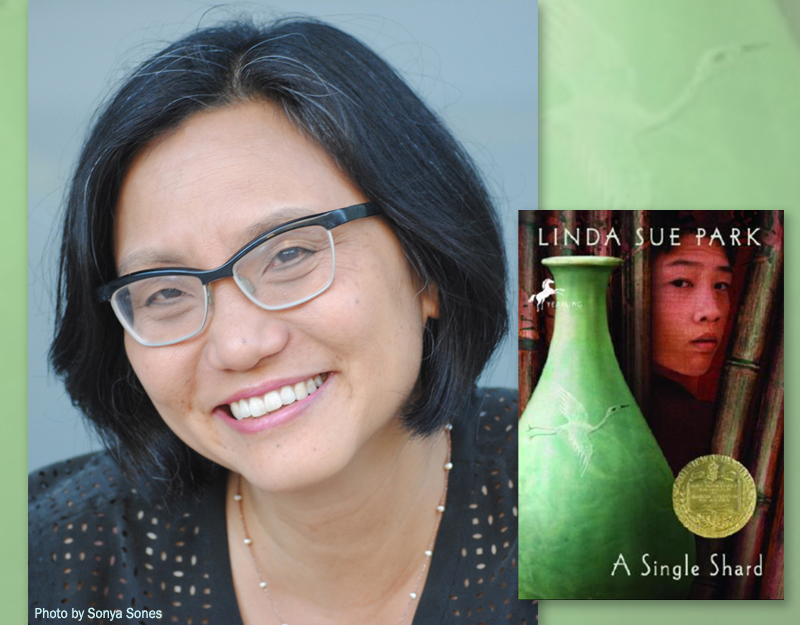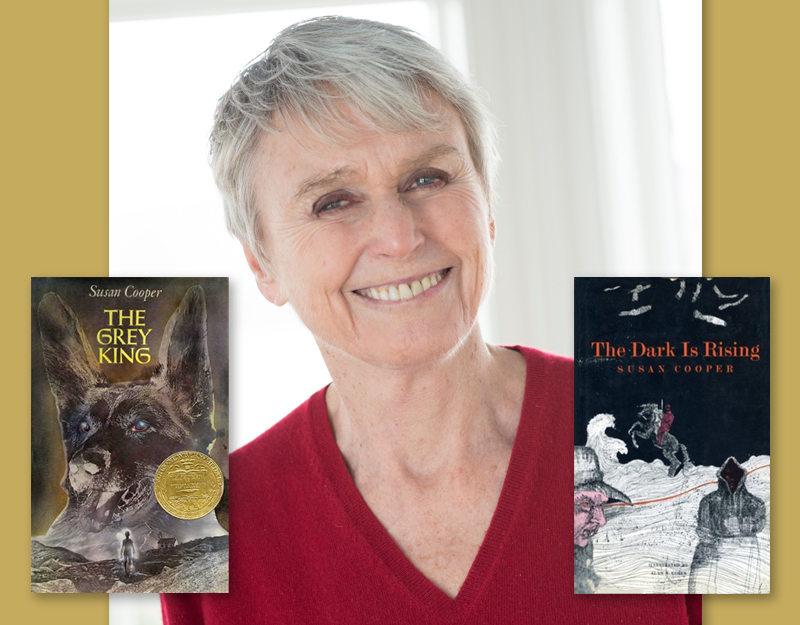Boiling it down
I’m enjoying the back and forth at Jonathan’s TRUE BLUE SCOUTS post and don’t really want to slow it down, but thought to offer this conversation on the side.
In the comments, there seem to be two different assessments of Appelt’s writing style/p.o.v. choice going on. One is: Is it appropriate for readers? The other is: Is it excellent? These are related, but ultimately different, assessments. The voice doesn’t work for me as a reader, but until I can prove differently, I have accept that I may be failing the book, as much or more as it may fail any readers. This is what Jonathan is suggesting in his comment, I think, when he says “We often think of ourselves as perfect readers and the books as flawed, but what if it’s the other way around? The books are perfect and we are flawed. Nina has written very specifically about what bothers her–enough for me to understand where she’s coming from. At the end of the day, however, the short, single-sentence chapter endings are neither inherently good for me, or bad for me–they just are.“
But: are what? Are they done well? So-So? Excellently? Poorly? What purpose do they serve to the text, and how is that a part of the books proven excellence? Or: is their part in the text so insignificant that they weigh little in the proof of excellence? This is what I, as a mock committee member, need to be convinced of in order to sway my mind to a consensus regarding a book that I have a hard time with. Saying it doesn’t matter for you doesn’t make it not matter for me, or make me believe it may not matter to other readers.
ADVERTISEMENT
ADVERTISEMENT
The consensus process can be slow and tedious…it’s about budging pretty firmly set and developed opinions. Sometimes a mind can be changed just by observing a substantial majority with a difference of opinion to “give up”; but more often it requires a lot of activity on two sides: the proponent has to try to pick apart the opponent’s argument, the opponent to listen with an open mind while at the same time defending their argument, until they’re satisfied that they can put it aside.
I have a feeling I can be swayed, in discussion, on my complaint re TRUE BLUE SCOUTS, because I see it as a very strong contender in the field, but I don’t make it easy for anyone to change my mind.
Which leads me to ask…as we head into our Mock Discussion week: which title on our shortlist do you still have a hang-up about? Is there one that you recognize as strong, with a lot of support, and which you could get behind if someone could just explain to you why X? When it boils down to it: what will it take to change your mind?
Filed under: Uncategorized
About Nina Lindsay
Nina Lindsay is the Children's Services Coordinator at the Oakland Public Library, CA. She chaired the 2008 Newbery Committee, and served on the 2004 and 1998 committees. You can reach her at ninalindsay@gmail.com
ADVERTISEMENT
ADVERTISEMENT
SLJ Blog Network
One Star Review, Guess Who? (#206)
“Complex social dynamics exist in the simplest of conflicts.” A Kyle Lukoff Interview on Sorry You Got Mad
UnOrdinary | Review
Navigating the High School and Academic Library Policy Landscape Around Dual Enrollment Students
Take Five: New Middle Grade Books in July
ADVERTISEMENT








But, but . . . P.S. BE ELEVEN has numerous single-sentence chapter endings, too, not as many as TRUE BLUE SCOUTS, admittedly, but still. Clearly, we need to judge these by the context of the sentences, paragraphs, and chapters that encompass them, not to mention the texture and tone of the narrative, but that’s why I say there’s nothing inherently wrong with single-sentence chapter endings, and why I question whether the use of single-sentence chapter endings doesn’t shade into a subjective domain rather than an objective one.
Okay; I guess then I need to be convinced that it’s subjective. We’ve heard from many on that thread that their students are enjoying it, and having some intended-reader-response to that effect in particular would be the sort of thing I’d want to hear.
I wrote a previous comment and just noticed that I was logged in as Battle Commander and it waiting moderation! So delete that and I’ll ask again. Nina, would it be helpful for me to ask my 4th graders directly what they thought of the repeated use of cliff-hanging short sentences at the end of each chapter? Or if that isn’t it and you’d like me to, just let me know what you’d like me to ask them, exactly.
Yes please!
Just showed my class these posts. We looked at the chapter endings again and they talked about other books and authors who have/do this sort of narrator (Tale Dark and Grimm, Despereaux, Lemony Snicket). And then I invited those who wanted to to give some notes for you. They were VERY eager to do so! I’m not sure if they will help much, but here they are:
R: Why would you want to read a book without cliffhangers? The ones in this book add pizzazz. You like them because you like being reminded of the narrator. Works well in this story.
G Agrees with Nina about this in some books, but in this case it works. Repetition helps you understand more of the book.
N They make you want to read more — you like having so many of them. Works because of it being sort of a mystery. They make you want to find out what happens next — really want to know!
I It is interesting the way she does that with so many of the chapters. It makes the book more fun to read. Likes having so many chapters ending this way.
Also (Monica here) in leafing through the book with my class I am reminded again of the varied length of the chapters. I’m sure if I were on the Committee I’d have to examine this more closely, but I’m not, but will say that the kids and I enjoyed that variety too. Some of them are complete cliff-hangers all in total even as those final brief sentences are.
Not sure how helpful this, but there you.
Thanks Monica…and grade 4!…, there are some very compelling thoughts in there. It’s true that it adds to the tone of mystery, and I’m willing to accept that while this tone might not work in other books, it has a place here.
This seems to be sort of an existential question, doesn’t it? Because so many criticisms could be put to this test: unless a book contains something factually inaccurate, or internal inconsistent, can’t all other critiques be judged as merely subjective? Especially those applying to writing style, or the even more ephemeral thing called “voice”. For example: did this author intentionally punch the end of each chapter the same way to create a consistent tone and atmosphere, or was that repetition the result of playing the same note again because it was an easy way to create a sense of immediacy and import? I once heard a great lecture, where the presenter went through a particular author’s works, showing how he had used the exact same phrases in almost every book. Is there something objectively wrong with this? Does the fact children love those books, or that a well-worn device is effective for a child reader, or a group of child readers, mean that it’s exempt from criticism? I guess I think (especially as writers and critics) that it’s still possible to evaluate a piece of writing on a technical level, even if, in some way, the ultimate judgment of that technique will always be subjective. And as Nina says, to remain open to changing one’s mind. I’m not sure it’s ever possible to prove that something in a narrative is objectively “bad,” though…?
Regarding “which title on our shortlist do you still have a hang-up about?”
I still have a hang-up about P.S. BE ELEVEN. I just finished my reread and was hoping to be more impressed, but I wasn’t. I noted distinguished elements in the sentence level writing, setting, and characterization but the plot development still holds it back from being among my “most distinguished”. It’s a good book, and one I’ll be happy to recommend, but I’m still waiting to be convinced that it’s the best book. I’m open to the possibility that I just don’t “get” this book, but I’m hoping someone will fill in some connections for me – illuminate how the school scenes are more distinguished than the school scenes in CLEMENTINE, or THE YEAR OF BILLY MILLER, for example, or explain why Delphine’s friendship development is superior to the friendship development in SALT, or THE REAL BOY, or THE CENTER OF EVERYTHING.